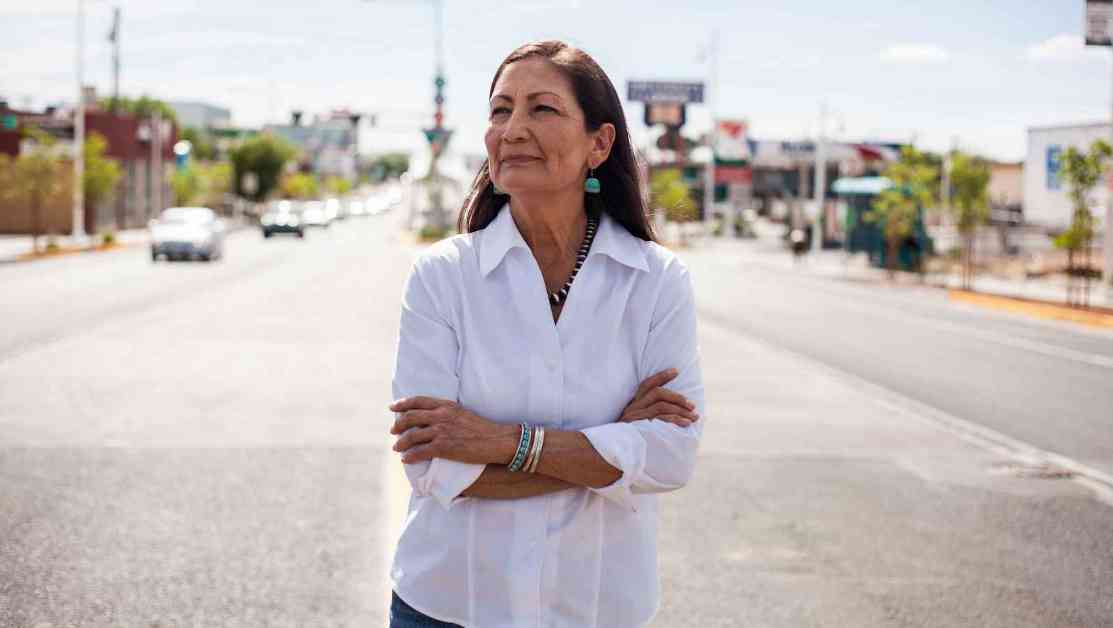**Deb Haaland’s Legacy as America’s First Native Cabinet Secretary**
Breaking Barriers and Making History
Deb Haaland’s appointment as the Secretary of the Interior under President Joe Biden in 2021 marked a historic moment in American politics. As the first Native American to serve in the U.S. Cabinet, Haaland’s tenure was closely watched by tribal citizens across the nation. For over a century, the Interior Department had been responsible for managing relationships with tribes, often enforcing colonial policies that disrupted Indigenous communities. One of the agency’s most significant roles was overseeing federal boarding schools, where Native children were forcibly assimilated and forbidden from speaking their native languages. Today, the department is primarily known for managing vast national parks, many of which were established on land taken from tribal nations.
Impact and Legacy
During her time as Secretary of the Interior, Haaland prioritized collaboration with tribal nations and raised awareness about America’s historical injustices against Indigenous peoples. One of her notable initiatives was the Indian Boarding School Initiative, which shed light on the traumatic legacy of boarding schools and led to an official apology from President Biden. Haaland also facilitated over 400 co-stewardship agreements, empowering Indigenous communities to have a greater say in managing their ancestral lands. Her efforts to secure historic funding for tribal nations and improve consultation with Indigenous leaders were also commendable.
Challenges and Criticisms
Despite her accomplishments, Haaland faced criticism from environmental and Indigenous advocacy groups for certain decisions made during her tenure. One such decision was the approval of the Willow Project, opening up vast areas of Alaska for oil drilling and contributing to increased carbon emissions. While progress was made in establishing co-stewardship agreements, some questioned whether enough was being done to prioritize returning land to tribes through the landback movement.
Looking Ahead
In a candid conversation with Grist, Haaland reflected on her legacy and the challenges she faced in balancing competing interests and making tough decisions. She acknowledged the complexity of her role and the importance of considering all perspectives when managing public lands. Despite the uncertainties of future administrations, Haaland expressed confidence in the enduring impact of initiatives such as the Federal Boarding School Initiative and investments in Indian country. She emphasized the importance of ongoing collaboration with tribal communities and the need to continue advancing critical issues facing Indigenous peoples.
As Haaland’s term comes to an end, her legacy as America’s first Native Cabinet Secretary will be remembered for her unwavering commitment to tribal rights, environmental conservation, and social justice. While challenges remain, Haaland’s groundbreaking leadership has paved the way for greater recognition and respect for Indigenous voices in government decision-making.














